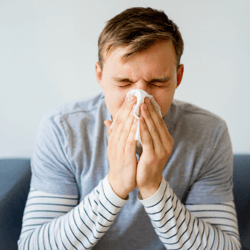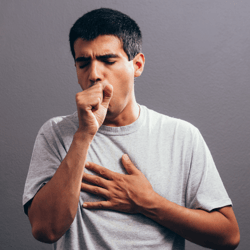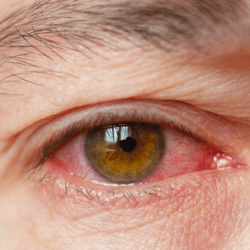In recent years, interest has grown in what concerns pollution within the workplace, the presence of dispersed dust, as well as the risks and consequences for health in the event of prolonged exposure.
If, on the one hand, actions are put in place to contain the spread of these agents outdoor, it should be noted that at an industrial level there are regulations that establish the maximum limit on the quantity of pollutants present in the environment in order to protect the health of people working in these areas on a daily basis, but also to minimize external emissions.
Whether it is smoke, dust or oil substances, breathing dirty and polluted air during working hours can not only compromise the work of people, but also cause serious damage to health itself.
Symptoms, risks and health consequences associated with indoor pollution
Breathing stale, polluted and unhealthy air undoubtedly causes damage to environmental comfort, damaging the quality of the air inside the work area. Bad smells, heavy and unpleasant air to breathe and sensory discomfort could cause irritation to the mucous membranes, cough, dry mouth, red eyes, respiratory problems, headache, nausea and dizziness in the worst cases.
Obviously, all these symptoms would consequently reduce the productivity of people on the one hand, on the other, the dirt, accumulating on the systems, could damage them, causing a greater and more frequent number of failures, as well as premature wear.
Returning, however, to the risks related to people's health, prolonged and continuous exposure to dirty air rich in pollutants could cause much more serious damage than the transient ones mentioned above. From the development of forms of asthma to the appearance of tumours localized to the respiratory system.
Therefore, all these reasons make it clear the importance of protecting yourself by designing and installing specific air filtration systems.









